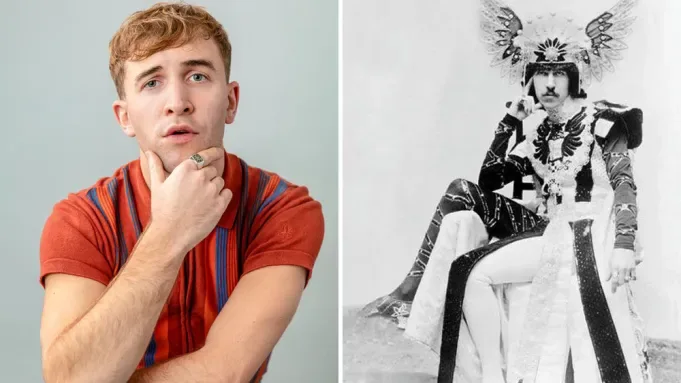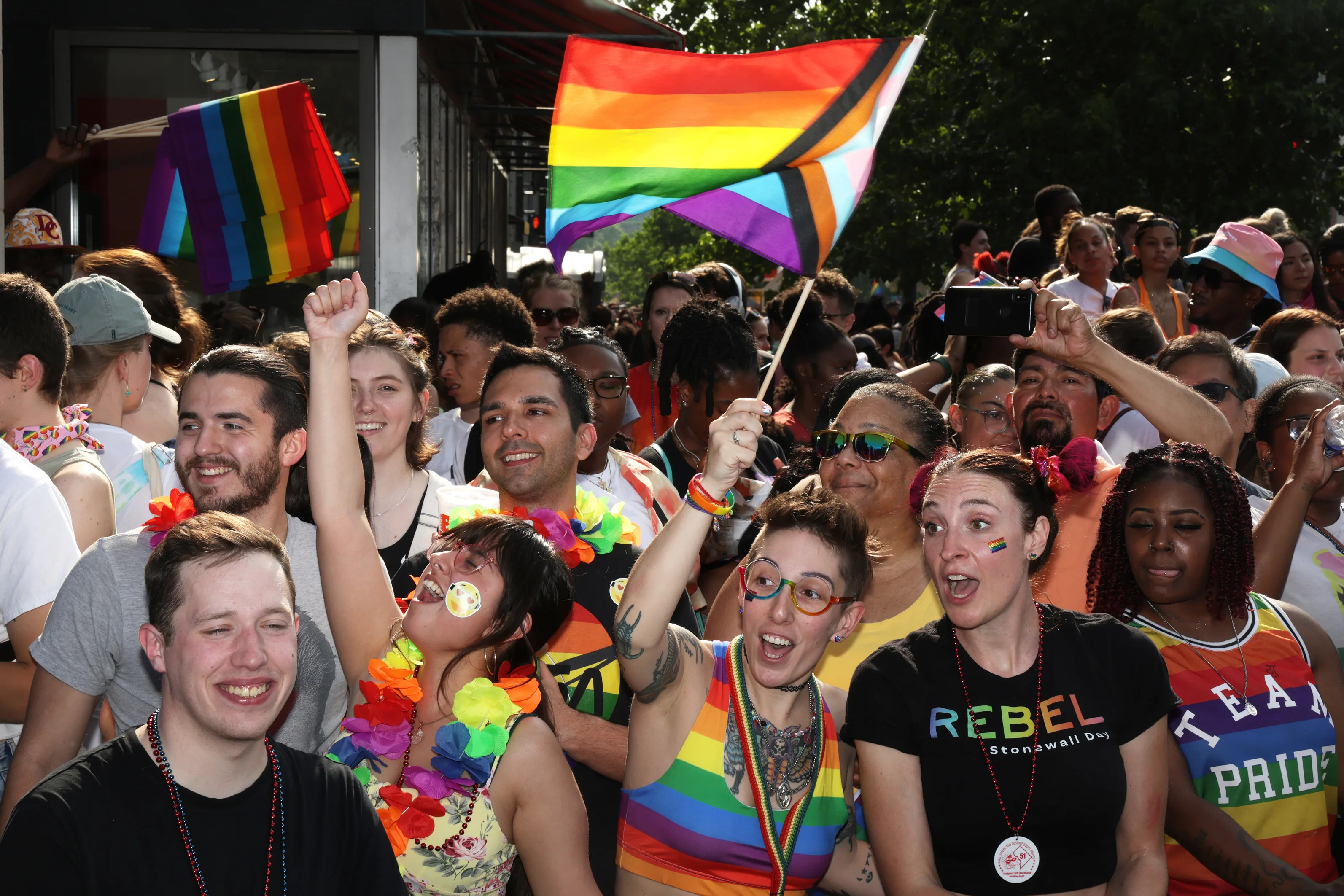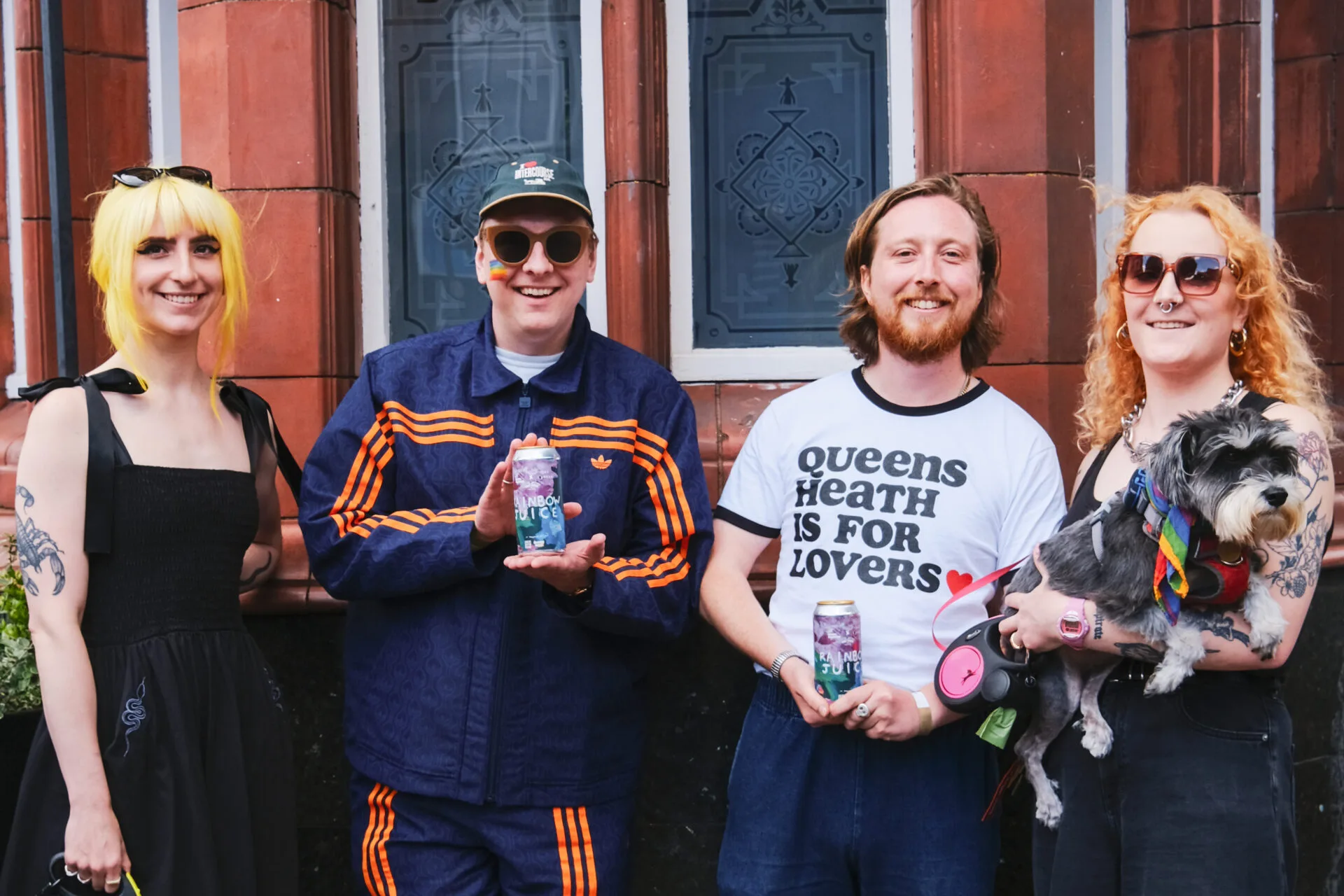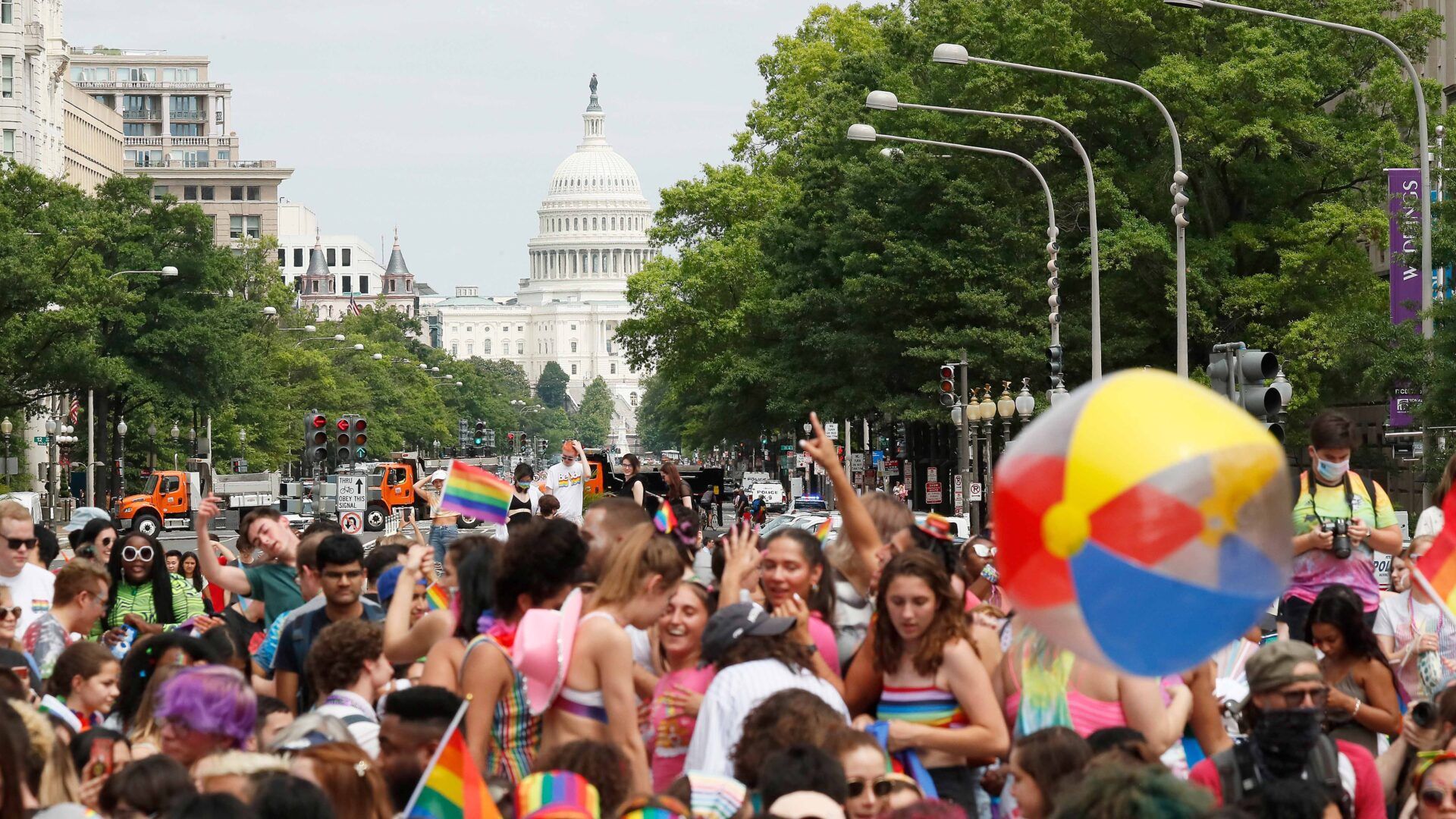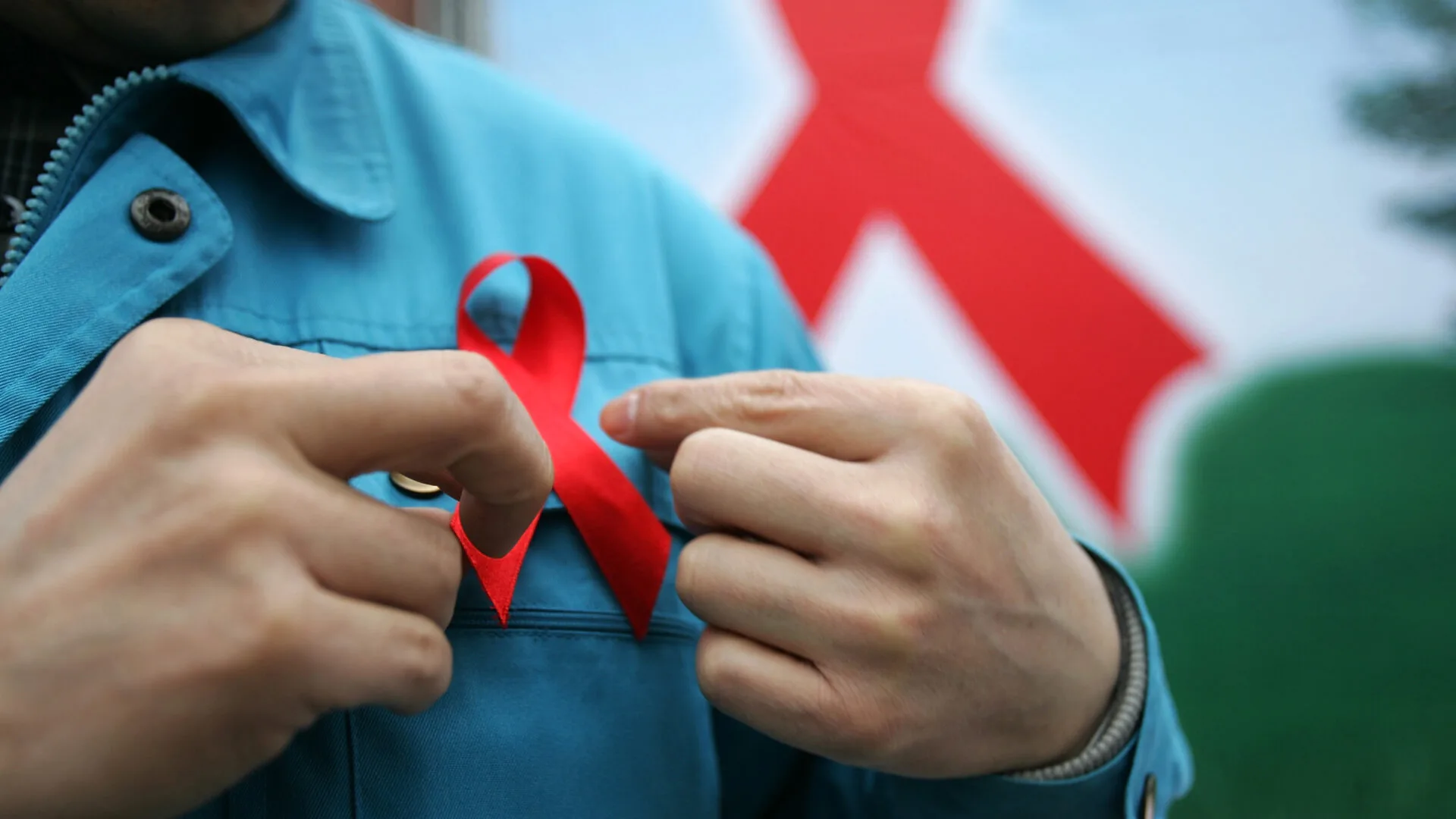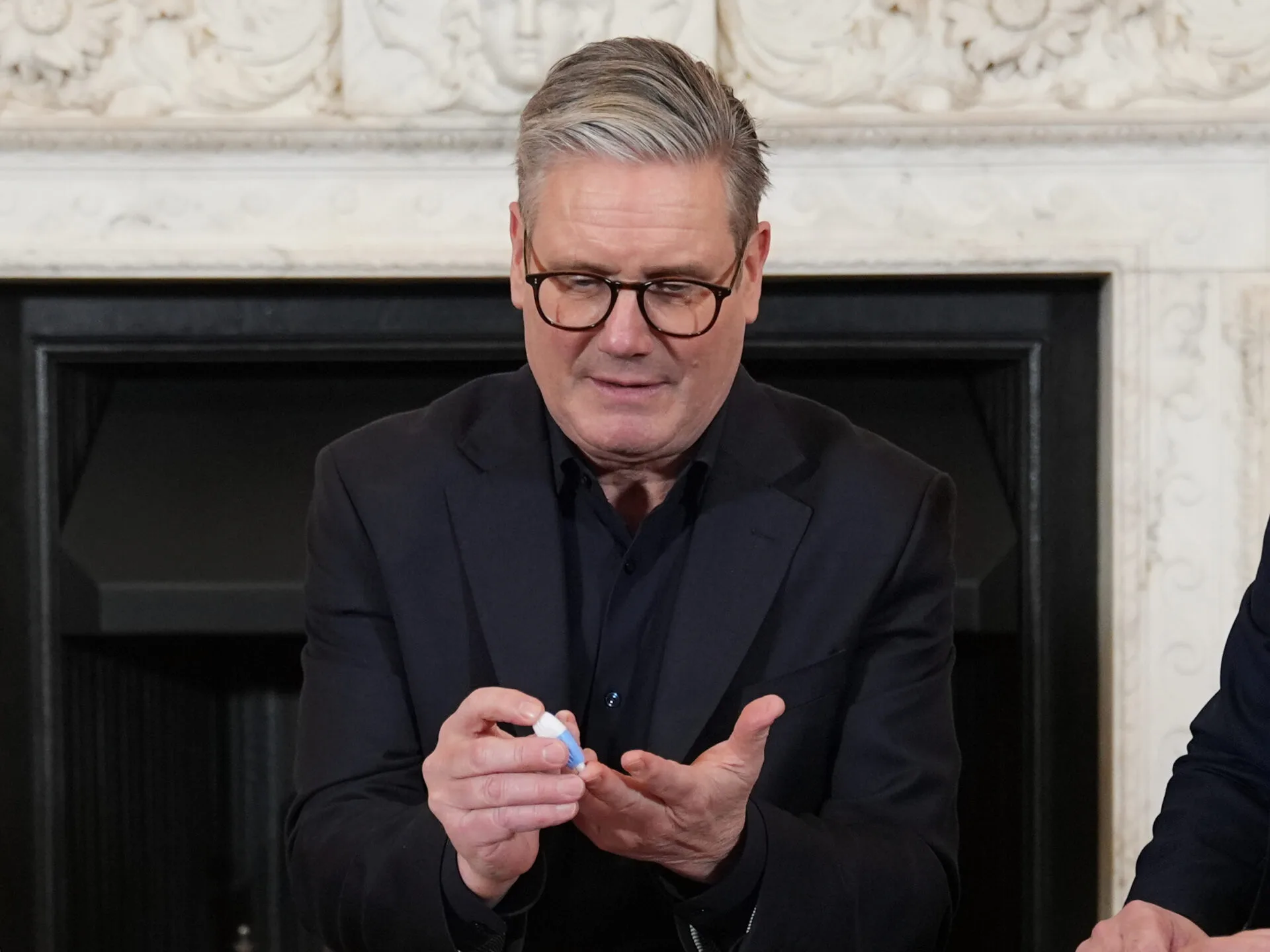Just ten years ago, the UK ranked first in Europe for LGBTQ+ equality. Yet today, this reputation feels like a distant memory. It was recently revealed that we have fallen to 22nd place on ILGA-Europe’s annual Rainbow Index – our lowest ranking to date – and join Hungary and Georgia among the countries with the steepest declines in LGBTQ+ rights. In the context of recent rollbacks of trans rights, as well rising hate crime against our whole community, it’s clear that Pride, born as a protest, very much remains one. This June, we are not only coming together to celebrate our visibility, but also to defend our hard-won freedoms.
There’s no sugarcoating the bleak moment in which we find ourselves in the UK. Infuriatingly, it’s also one that many of us saw coming, given the troubling rise in hostility towards our community in the media, in politics and in wider society over the past decade.
The recent Supreme Court ruling, which said that the definition of “woman” under the Equality Act excludes transgender women, and the way it is being interpreted, sets a deeply troubling precedent – one that threatens the safety and dignity of trans and non-binary people across the UK. It opens the door to further reversals in rights, and signals a broader assault on gender equality, the harms of which affect trans and non-binary people the most, but will extend to others too. Now, more than ever, our entire community must stand united with our trans siblings. Anti-trans campaigners know that our solidarity is our greatest strength; that’s why they’ve spent years trying to splinter it.
The rollback of trans rights in the UK also cannot be seen outside of the global context. In Hungary, all Pride events have been banned and criminalised. In Georgia, the government has prohibited all forms of LGBTQ+ representation and assembly. In the United States, Donald Trump moved swiftly at the start of his second term to dismantle policies designed to protect LGBTQ+ people. As the far-right gains ground across the world, the language of conservatism and “family values” is once again being used to justify exclusion and discrimination of anyone who won’t abide by heteronormativity or conform to rigid gender-norms. We are living through the far-right’s coordinated attack on our rights and freedom to exist – and this attack won’t stop there either. As Chaber, the executive director of ILGA-Europe says, they’re “testing ground for laws that erode democracy itself.”
Beyond defending existing rights and undoing recent harmful changes, there are still important policies that urgently need to be addressed in the UK. For example, conversion practices are still legal despite years of promises from successive governments to ban them outright, leaving LGBTQ+ people vulnerable to psychological harm. Our new Labour government must finally end this period of limbo with a full, trans-inclusive ban on conversion practices. Also, while anti-discrimination laws exist in the workplace, enforcement is often lacking, which is why the UN’s Committee on Economic, Social and Cultural Rights told the UK for the first time that there must be better protections against discrimination and harassment in employment.
There are other, intersecting issues that affect our community too. Though the cost-of-living crisis is impacting most people, members of our community are disproportionately affected by poverty, with studies showing higher rates of homelessness and food insecurity. This is another area the UN has told the UK to address. Access to fertility treatment is also marked by inequality. For example, lesbian couples in most parts of the country currently have to self-fund at least six cycles of artificial insemination before they are eligible for NHS IVF treatment. No one should be forced to pay for private treatment as a gateway to NHS care. I’m proud to back the IVF Equality Manifesto and the wider Fertility Justice Campaign manifesto, which also campaigns for important changes to birth certificates to accurately reflect LGBTQ+ families.
The last Labour government is often remembered as a time of progress for LGBTQ+ people, yet from its actions so far, this government risks being remembered as a period when things went backwards for our community. If our Party is serious about upholding LGBTQ+ rights, it must drastically change course. In the short term, that means acknowledging that blanket bans on puberty blockers and the exclusion of trans women from women’s spaces are harmful steps down a dangerous path that must be reversed. In the long term, Labour must tackle the systemic inequality and discrimination which our community continues to experience.
It’s devastating to see our rights under threat once again, but history reminds us that progress has never come easily and that it has been fought for and won. From the repeal of Section 28 in 2003 to the legalisation of same-sex marriage in 2014, every step forward is the result of our community’s resilience – one which we must once again draw from.
This is why we must continue to raise our voices; not just in celebration, but also in anger and in hope. Because every step we take to protect our community brings us closer to a future where equality and liberation is not just a privilege, but a guarantee for all.


